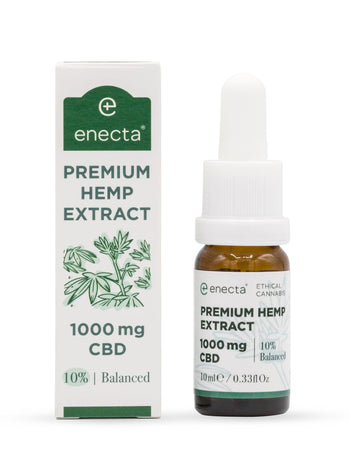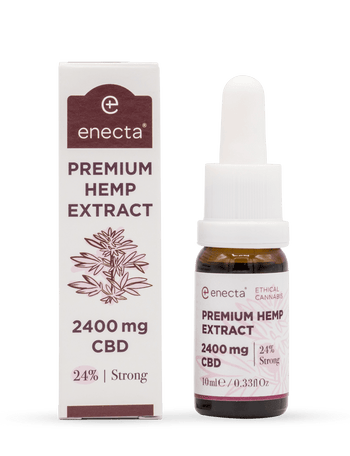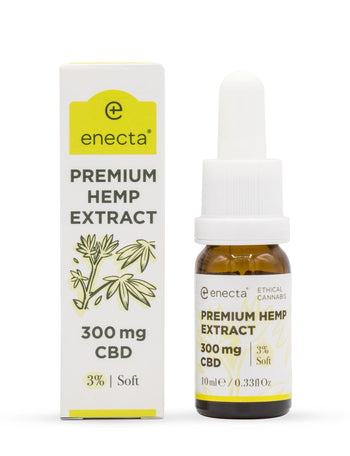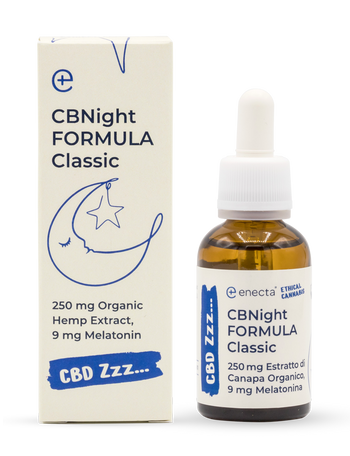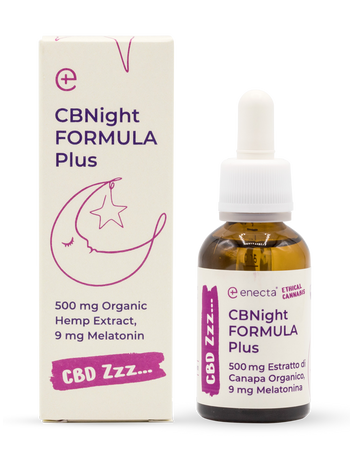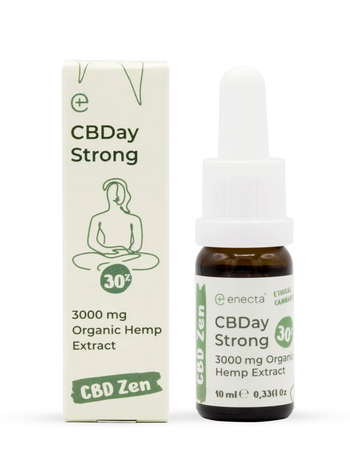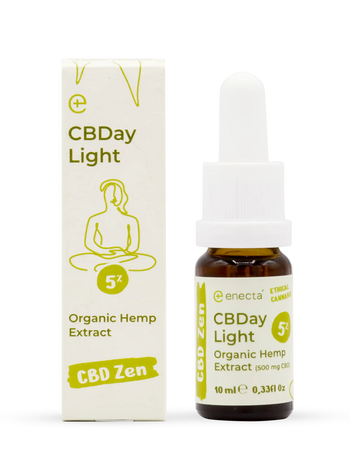Post-traumatic stress disorder is a problem affecting those who experienced a highly traumatic event. The incapacity to re-elaborate the negative experience can generate various symptoms, in some cases temporary and transitory, while in other cases they could become chronic.
In the present article, we will investigate how and if Cannabis and CBD can be effective in contrasting post-traumatic stress disorder .
When is post-traumatic stress generated?
The post-traumatic stress syndrome “came up” at the end of the Seventies, when the American Psychiatric Association decides to add PTSD to the diagnostic and statistical manual in order to identify the psychological harm received by American soldiers surviving the Vietnam War.
The traumatic event tends to resurface in the memories of the mind in such a way that the person suffering from this disorder is inclined to escape from situations and people which could, in some way, remind him/her of the negative event.
All this leads to an alteration in behaviour, a loss of contact with other individuals and the surrounding environment, while falling prey to anxiety and depressive states.
Which are the symptoms of post-traumatic stress disorder?
The traumatic event is being relived through distressing recurrent memories which include:
Images, thoughts, perceptions, nightmares and upsetting dreams.
Acting or feeling as if the traumatic event was to reoccur.
Intense psychological distress when exposed to internal or external trigger factors which symbolize or resemble some aspects of the traumatic event.
Physiological reactivity or exposition to internal or external trigger factors which symbolize or resemble some aspects of the traumatic event.
Lasting avoidance of stimuli associated with the trauma and numbing of general responsiveness.
Difficulty falling asleep and sleeping.
Irritability, angry outbursts
Difficulty concentrating.
Hypervigilance and exaggerated startle responses.
How does PTSD develop?
Research carried out on different areas of the brain, has demonstrated that individuals affected by PTSD produce abnormal levels of hormones involved in stress and fear.
The responsible of this process would be the amygdala, a small endocrine gland placed at the base of the brain. The amygdala, in a situation of a normal state of fear, is activated to produce molecules of natural opiates, which reduce the sensation of pain temporarily.
In individuals affected by PTSD, on the other hand, the production of these molecules lasts for a long time even after the end of the event, causing an alteration in their emotional states.
Thus the normal levels of neurotransmitters acting on the hippocampus would be altered, creating modifications in memory and learning capacities, regulated by the hippocampus.
Furthermore, individuals affected by post-traumatic stress are subject to an alteration in cerebral blood flow and to structural modifications of the brain tissue.
CBD can be of aid in DSPT?
A research carried out by the New York School of Medicine, published in October 2015, demonstrates how cannabidiol would help to reduce the anxiety state and as a consequence the sensations related to fear and stress would tend to diminish as well.
The analyses conducted so far demonstrate how Cannabidiol can reveal itself effective in the treatment of disorders related to post-traumatic stress, however many other studies are necessary to support the efficacy of CBD in relation to this specific disorder.
CBD and threat perception
One of the symptoms characterizing DSPT is threat perception, the memory associated to the traumatic moment, which is hard to elaborate.
The analysis conducted by the department of Pharmacology of the School of Medicine of the San Paolo University, published in November 2012, has demonstrated how Cannabidiol facilitates the neurotransmission of the 5HT1A receptor in the brain, leading in the long term to a reduction of anxiety associated with the sensation of perceived threat.
The 5HT1A receptor acts, in fact, in the area of some functions, amongst which, “addiction, anxiety, appetite, blood pressure, cardiovascular function, impulsiveness, memory, nausea, nociception, pupil dilation, breathing, sexual behaviour, sleep, sociability, thermoregulation”.
Cannabis and head trauma
A study published by the Oxford University Press, January 21 2011, demonstrated the relationship between the endocannabinoid system and the reduction of inflammations and tumefactions as a consequence of head trauma.
The researchers created a simulation, with mice, testing the CB1 and CB2 receptors and deducting that by activating these receptors it is possible to regulate the endocannabinoid system, hence supporting the head trauma.
A further study, published in the magazine Neuropsychopharmacology in June 2013, highlights the effectiveness of CBD in the post-traumatic phase, demonstrates how the modulation of the CB1 and CB2 receptors could be utilized to contrast stress, anxiety and depression, symptoms of those having suffered a trauma.

































